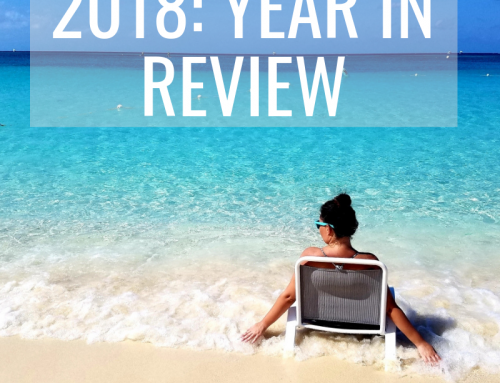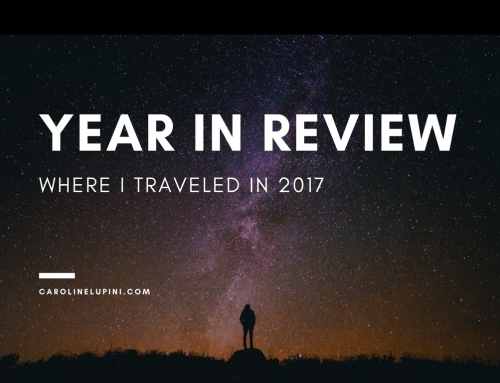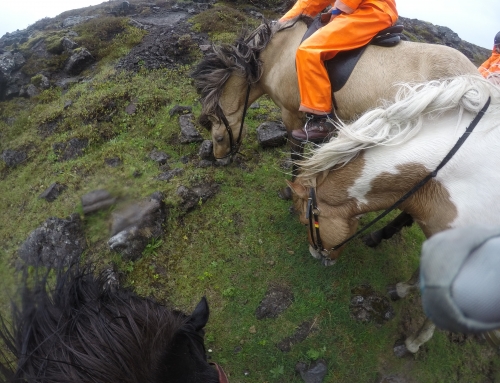This year, to date, I have flown over 100,000 miles. That equates to approximately 258 hours in the air, not accounting for the time spent at, getting to and from, and preparing to go to the airport. All of this travel has occurred while simultaneously working on my MBA online through Indiana University’s Kelley Direct program.
Sometimes online student requirements are easy to handle, as was the case last year when I travelled to South Korea. It was a relatively short trip of six days and I made sure to jump ahead with my studies before I left so I wasn’t too far behind when I returned. Even studying while in Korea wasn’t difficult because their internet is lightning fast, in fact, South Korea has the fastest internet in the world. At other times being an online student with a demanding travel schedule can be quite challenging. During one of my first year classes, time changes and deadlines became a bit confusing and ended up with my barely being able to get an assignment in by the due date. This was very stressful and likely ended in an assignment that was not my best work. In a recent case, I had elected to take a half term off, and this was a wise move because during the two-week trip to Myanmar the internet was reliable for only five nights, a situation that would have been difficult to remedy.
Through these successes and challenges I have learned a few strategies to make traveling as an online student a smoother experience.
- Before traveling, make sure you have access to reliable internet. Hotel Wifi Test lets you search for hotels and see how fast the wifi is before you stay there. Once on location, use the WeFi app (Android, iOS) to find wifi networks near your base. A subscription to Boingo or Gogo works well if you have layovers or frequent flights.
- Carry a pair of noise cancelling headphones or earplugs on you at all times. You never know when there will be a crying baby on the plane or a loud couple next door at your hotel. In addition to allowing for concentration in peace and quiet, they may be used to catch up on some much needed sleep. After testing out several different headphone brands and styles, I prefer the Bose QuietComfort 25 Noise Cancelling Headphones, although they might not be the best fit for sleeping.
- Use a calendar system that you are comfortable with to keep track of deadlines when you’re changing time zones. I like the Action Day Planner, and I always keep track of commitments in Eastern Time now. If you want deadlines to change to the local time zone as you move around, I recommend using Google Calendar.
Significant amounts of travel can definitely complicate an online MBA, especially when it involves changing time zones frequently. Luckily, a few tools and a little planning can make your school and travel experiences much more compatible.



![The Dead Sea – Don’t Miss It! [VIDEO]](https://carolinelupini.com/wp-content/uploads/2018/02/Screen-Shot-2018-03-11-at-1.44.10-PM-500x383.png)




[…] which looks pretty nifty. Wish her well. One of her first blog posts is, well, writing how to travel as on online student, something she knows […]